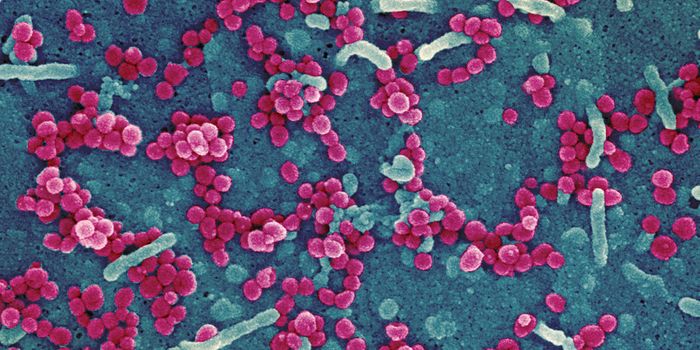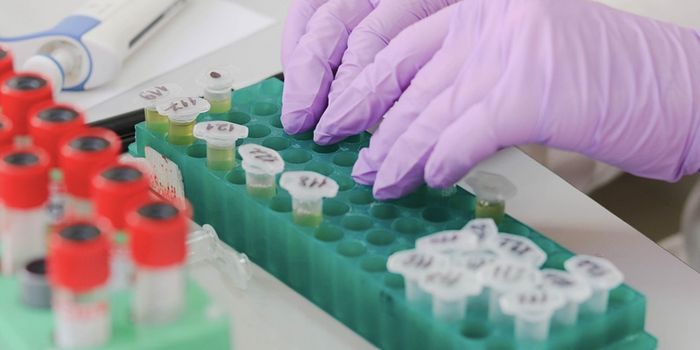New Tuberculosis Vaccine Enters Phase III Clinical Trial
Tuberculosis is a disease caused by the bacterium Mycobacterium tuberculosis. It is spread through the air when a person with M. tuberculosis bacteria in their lungs coughs or speaks. From the lungs, Tuberculosis can spread and infect other areas of the body including the kidneys, spine, and brain.
Symptoms of Tuberculosis vary depending on where in the body the bacteria is growing. Most commonly, M. tuberculosis bacteria in the lungs can lead to a severe cough and chest pain. Tuberculosis is more likely to have a severe effect on people with other risk factors, including children, the elderly, and those with a compromised immune system.
There is currently one Tuberculosis vaccine available. The vaccine, called Bacille Calmette-Guérin (BCG), has a number of limitations. The BCG vaccine does not prevent a primary infection and does not prevent reactivation of a latent pulmonary infection of M. tuberculosis. For these reasons, the medical community has continued to investigate more effective vaccine options for preventing the infection and transmission of Tuberculosis.
A Tuberculosis vaccine developed by researchers at the Max Planck Institute has recently entered a clinical trial in South Africa. Initial vaccine trials have shown the vaccine to be more effective and to have fewer side effects than the BCG vaccine. In the phase II trial, 416 eligible newborns were vaccinated. 312 newborns in the cohort received the new vaccine (currently called VPM1002) while the remaining 104 received the BCG vaccine. Fewer vaccine-related adverse reactions were seen in the group that received VPM1002.
The subsequent phase III trial will investigate how effective the vaccine is in protecting against a Tuberculosis infection. The researchers expect these results to be available in about three years. Umesh Shaligram, Executive Director of R&D at the Serum Institute of India, notes that “the ongoing phase III trial is one of the key trials in order to strengthen our scientific rationale”. Shaligram adds that he is “pleased to see that we have completed recruitment of all infants in such an important trial.”
Sources: Centers for Disease Control and Prevention, World Health Organization, Infectious Diseases








